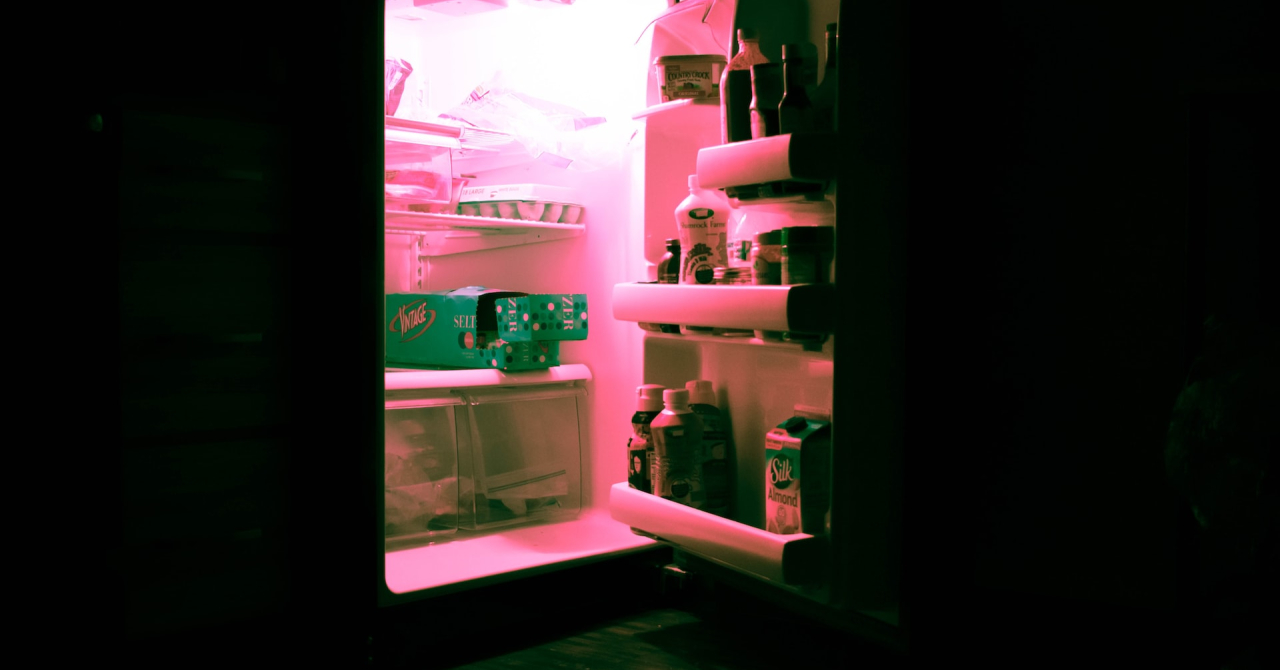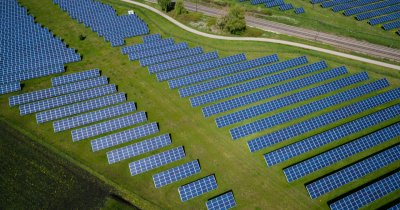According to Science Alert, traditional refrigerators use a gas in order to transport heat away from the refrigerated container.
Although this process has proven to be very effective throughout the years, some of the gases that we use for cooling are particularly damaging to our environment.
Researchers from the Lawrence Berkeley National Laboratory and the University of California, Berkeley explored new ways to cool down our foods and drinks.
They did so by taking advantage of the way energy is being stored and released whenever some material changes its form, such as from solid to liquid.
For example, when exposed to higher temperatures, a block of ice will melt, but in the process, it absorbs the heat around it, effectively cooling its surroundings.
They also figured that, by using charged particles, such as ions, they can raise the temperature without needing to increase the heat.
Mechanical engineer Drew Lilley from the Lawrence Berkeley National Laboratory in California, said that "the landscape of refrigerants is an unsolved problem. No one has successfully developed an alternative solution that makes stuff cold, works efficiently, is safe, and doesn't hurt the environment."
Drew believes that ionocaloric cooling can be the solution scientists have been looking for, if it is developed properly.
After they conduct further testing, researchers can start scaling this technology which should eventually replace the polluting cooling techniques used by our refrigerators.
Another added benefit of ionocaloric thermodynamic systems is the fact that they can work both for cooling, as well as for heating.
"Now, it's time for experimentation to test different combinations of materials and techniques to meet the engineering challenges", says mechanical engineer Ravi Prasher from the Lawrence Berkeley National Laboratory.
 Mihai - Cristian Ioniță
Mihai - Cristian Ioniță












Any thoughts?